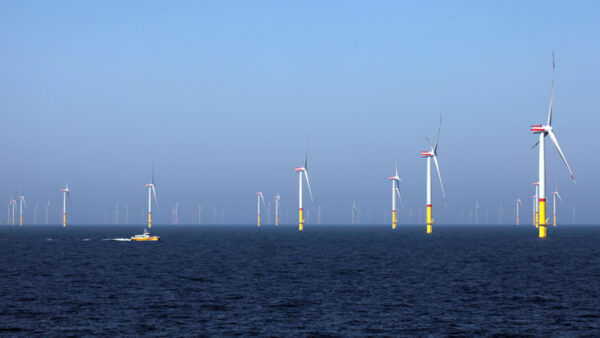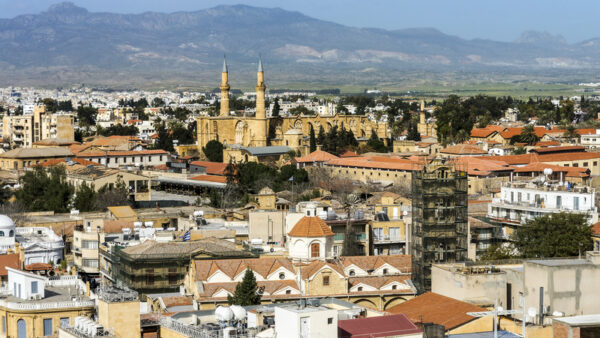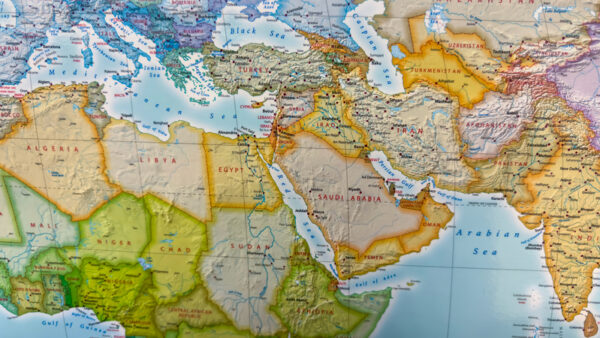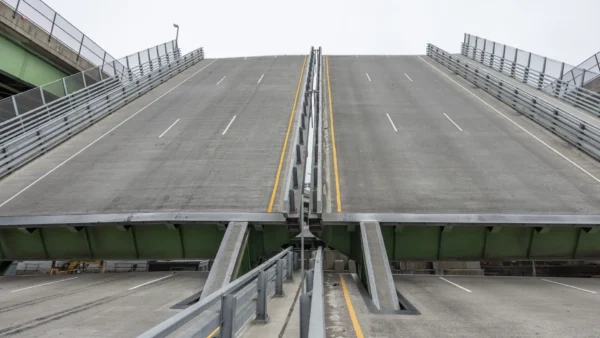French engineering company Systra is reported to have withdrawn from an Israeli project to extend a light rail network into occupied Jerusalem after its connection to the project was criticised by unions and the International Federation for Human Rights (FIDH).
The company, a subsidiary of state-owned SNCF, was involved in the construction of several lines for the Jerusalem light-rail project, which are intended to link Jerusalem to Israeli settlements in the occupied West Bank. Two other French companies, Egis and Alstom, continue to work on the project.
Systra faced questions from French union confederation CGT over its involvement in the project, which may be in conflict with French government policy.
Last week, Guillaume Pépy, the president of SNCF, told the European Works Council of SNCF that its Systra subsidiary would withdraw from the “red” and “purple” lines of the Jerusalem tramway, CGT claimed last week.
FIDH then issued a statement giving a cautious welcome to the announcement.
It said: “While this statement lacks further specifics (Systra is currently committed to the construction of the blue line), its meaning is as clear to us as it was to the representatives of the trade union organisations present at the European Works Council: Systra is withdrawing from the Jerusalem light-rail. We salute this announcement as a first victory on a just path.”
“It is a path that we expect the other two companies involved … to follow as soon as possible.”
Egis is also majority owned by the French state.
GCR has contacted SNCF requesting confirmation of the reported decision.
The FIDH published a report on 13 June highlighting the involvement of the companies, and criticising the French government for allowing publicly owned companies to “participate in Israeli settlement activity”, which it regards as illegal.
The FIDH comments on its website: “This symbolic construction, a tool of Israeli settlement and annexation policy, aims to connect West Jerusalem to the Israeli settlements in the Palestinian territory of East Jerusalem, in blatant violation of international law, via the extension of an existing line and the creation of two new lines, all with the settlements as their endpoints.”
The Jerusalem Light Rail scheme presently has only one line in operation, the 22km red line, which was completed in 2011.
This line also passes through occupied territories, which led to a court case against Alstom and environmental services company Veolia. In 2013, the Versailles court of appeal ruled that the rail did not violate international law.
Image: Work under way on the Jerusalem light rail scheme (Adam Yishay Amorai/Creative Commons)






